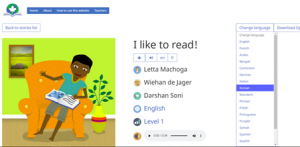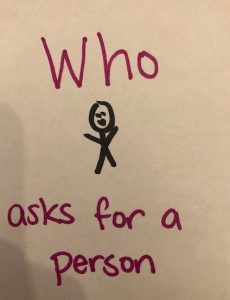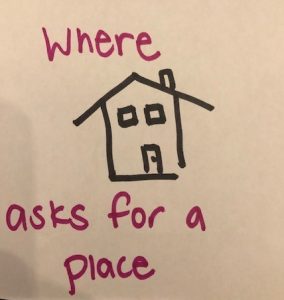June 17
Have a word race with someone in your house.
Pick a letter and see who can list the most words that begin with that letter in 2 minutes!
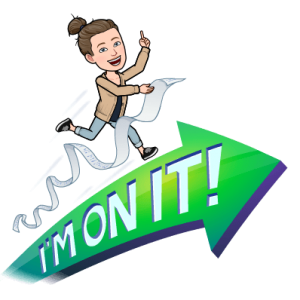
_______________________________________________________________________________________________________________
June 15
Use the following letters to create as many words as you can:
a, c, d, e, g, l, o, n, r, s, t
Example: cat
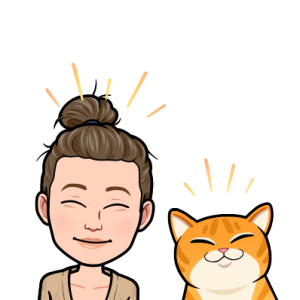 ______________________________________________________________________________________________________
______________________________________________________________________________________________________
June 10
Make a T-chart. Make a list of opposites, like big and small, yes and no.
|
big yes |
small no |
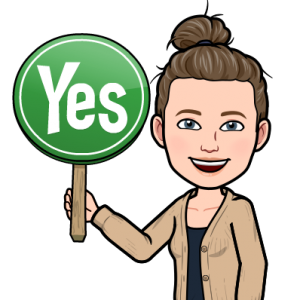
_______________________________________________________________________________________________________________
June 8
If they can, ask your grown-ups to take you outside today. Tell someone, write a journal entry, draw pictures, or send Ms. Hampton an email (emma.hampton@burnabyschools.ca) about what you see, hear, think, feel, and smell!
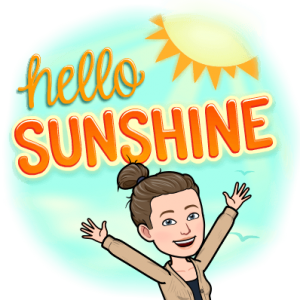
_______________________________________________________________________________________________________________
June 4
Let’s play some games!
Explore the English games on this website:
https://learnenglishkids.britishcouncil.org/fun-games
Did you play ABC Countdown? Ms. Hampton did NOT win!
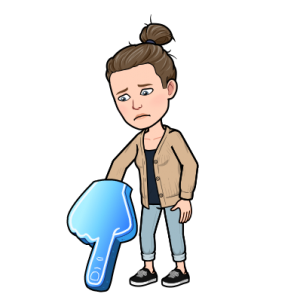
_______________________________________________________________________________________________________________
June 1
Create your own comic strip!
Draw your characters and add words in the speech bubbles.
http://blogs.sd41.bc.ca/literacy/files/2020/04/comic-book-template.pdf
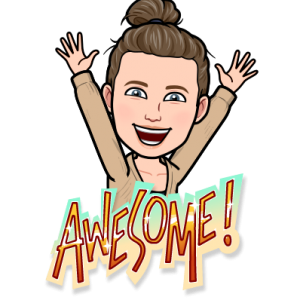
_______________________________________________________________________________________________________________
May 25
Watch the read-along for “Don’t Let the Pigeon Drive the Bus!”
https://bookflix.digital.scholastic.com/pair/detail/bk0125pr/story?authCtx=U.794217314
Then, invent a vehicle (car, plane, boat, etc!)
How would you like to get to school? Invent a fun new vehicle you could use to get to school! It can be a bus, car, bike, or anything else you can think of!
Draw a picture of it. Label all the cool parts.
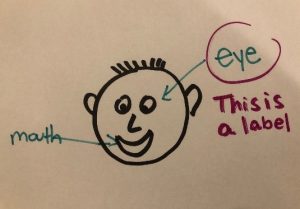
_____________________________________________________________________________________________________________
May 22
Find food in your house like crackers or containers of yogurt. Write or draw a math problem.
For example: Mr. Lee had six bananas. Ms. Hampton ate three. How many are left?
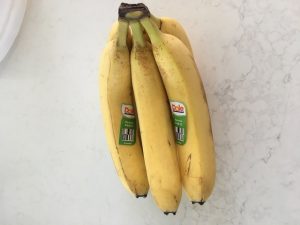
_____________________________________________________________________________________________________________
May 19
Read another story from Storybooks Canada https://www.storybookscanada.ca/.
Tell someone at home the story in order – beginning, middle, and end.
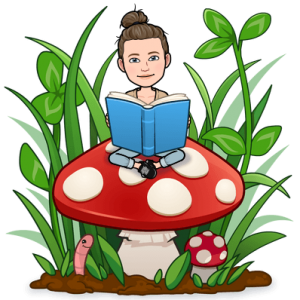
_____________________________________________________________________________________________________________
May 15
Fun Friday!
Play one of your favourite games from ELL class with your family.
Ms. Hampton’s favourite – Scattergories!
Pick a category (e.g. fruit). Set a timer for approximately one minute. Each person writes down as many types of fruit as they can think of before the timer goes.
Points are only awarded for words that no one else has written down. Whoever ends up with the most points wins!
 _____________________________________________________________________________________________________
_____________________________________________________________________________________________________
May 11
Read and listen to this book in English and your home language. Tell someone in your family about what you read:
- Where did the story take place?
- What kinds of animals did you see?
- What did the animals do?
https://www.uniteforliteracy.com/unite/healthyme/book?BookId=115
_____________________________________________________________________________________________________________
May 6
Oral Language Development
Try to find creative ways to practice speaking in English each day. You can phone a friend who speaks English, practice reading aloud in English or you could try one of the following activities with a family member.
Activity 1
- You will need a partner for this activity. It can be anyone who lives in your house.
- Write down words on pieces of paper. Fold the pages and put them in a bowl.
- Take turns pulling a random paper out and giving each other clues about what the word says without saying the word that is written on the piece of paper.
*For example, if the card says “cat”, you may give clues such as “It has 4 legs, people sometimes keep them as pets, they are a relative of the lion”
*For an added challenge, you may want to add a timer.
_____________________________________________________________________________________________________________
May 4
We have all been spending a lot of time at home. I am learning more about where I live and getting to know my neighbors (at a distance of course!). Watch this video:
- Where do you live? An urban, rural, or suburban community?
- Draw and label your community!
Ways to start your sentence:
I live in a ______ community.
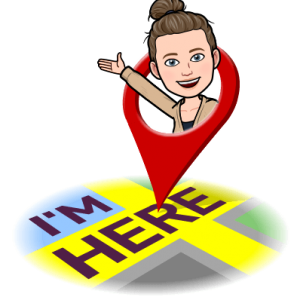
_________________________________________________________________________________________________
April 30
- Write an acrostic poem using your name.
Use adjectives that describe you!
For example:
M – otivated
S – hy
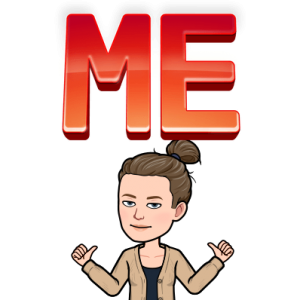
H – umourous
A – ctive
M – oral
P – atient
T – hankful
O – ptimistic
N – osey
_______________________________________________________________________________________________________________
April 28
- Play this game to practice naming the parts of your face.
https://learnenglishkids.britishcouncil.org/word-games/parts-the-body-head
- Look at yourself in the mirror and draw your own face, labeling the parts.

*Remember, labels are words that name something
_______________________________________________________________________________________________________________
April 24
Fun Friday!
Watch the following video: https://youtu.be/zfC_GuHiP68?list=PLYtxV-SNUxZA7W_EjT3NDoU4TQJ88lr5h
- Retell the story in the correct sequence (order) by using words like “first”, “then”, “next” and “finally”.
*The prefix “re” means again. Think about words you know that start with “re” (replay, recycle, review).
Ways to start your writing:
- First ______. Then. ______. Next _______. Finally ______.
_______________________________________________________________________________________________________________
April 22
Adjectives (or describing words) are important because they make writing and speaking more interesting. 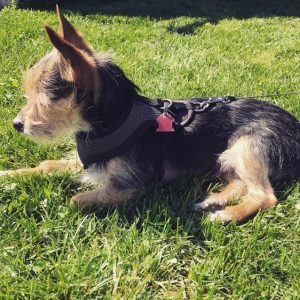
- Listen to this read-aloud about adjectives! https://www.youtube.com/watch?v=7pPiJatjp1o
- What is your favourite animal?
- Use two adjectives (your own or from the read-aloud) to describe it.
Sentence starters:
- My favourite animal is ______.
- It is ______ and ______.
_______________________________________________________________________________________________________________
April 20
Adjective (describing word) challenge!
Adjectives are words we use to describe a noun (person, place, or thing). They can refer to how something looks (green), feels (soft), sounds (loud), tastes (sweet), smells (stinky).
Example: Two adjectives to describe a tree: tall and green.
- Use two adjectives to describe a banana.
- Use two adjectives to describe a monster.
- Use two adjectives that start with the letter “s”.
Sentence helpers:
A banana is ______ and ______.
A monster is ______ and ______.
______________________________________________________________________________________________________________
April 16
Questions
- Who is your favourite character? (You can choose a character from a book, movie, or TV show)
- Who asks for a person. Characters are the people in the story.
- If you met them, what would you do together?
- Do is a verb, or action word. (For example: dance, play, read)
My favourite character is Olaf from the movie Frozen. If we met, we would hug! Olaf loves warm hugs.
Ways to start your sentences:
- My favourite character is…
- If I met ______ we would…
_______________________________________________________________________________________________________________
April 14
This is a picture of my favourite place. (Favourite means the thing you like the most)

Questions:
- What are some of the things you see?
- What is your favourite place? (For example: school, the park, your bedroom…)
Ways to start your writing:
- I see… There are… (For example: mountains)
- My favourite place is…
Email your response to Ms. Hampton (emma.hampton@burnabyschools.ca)!
_______________________________________________________________________________________________________________
April 8
Use objects in your house to invent/build something. Illustrate (draw) it and label it in English and/or your home language. Describe (tell about) your invention or building to someone in your family in English and your home language.
*Remember – labels are words that name something.

_________________________________________________________________________________________________________
April 6
Read and listen to a story on https://www.storybookscanada.ca/ in English and your home language (see picture for how to change language) with a family member. The stories are organized by level. Discuss the following questions:
- Who was in the story?
- Where did the story take place?
Remember – who asks for a person, and where asks for a place!
